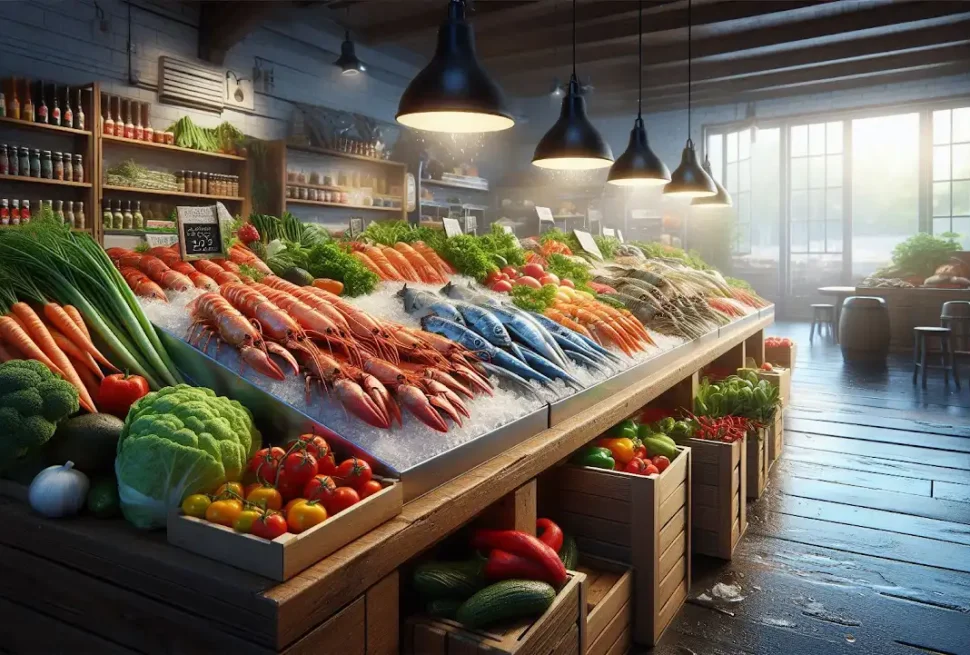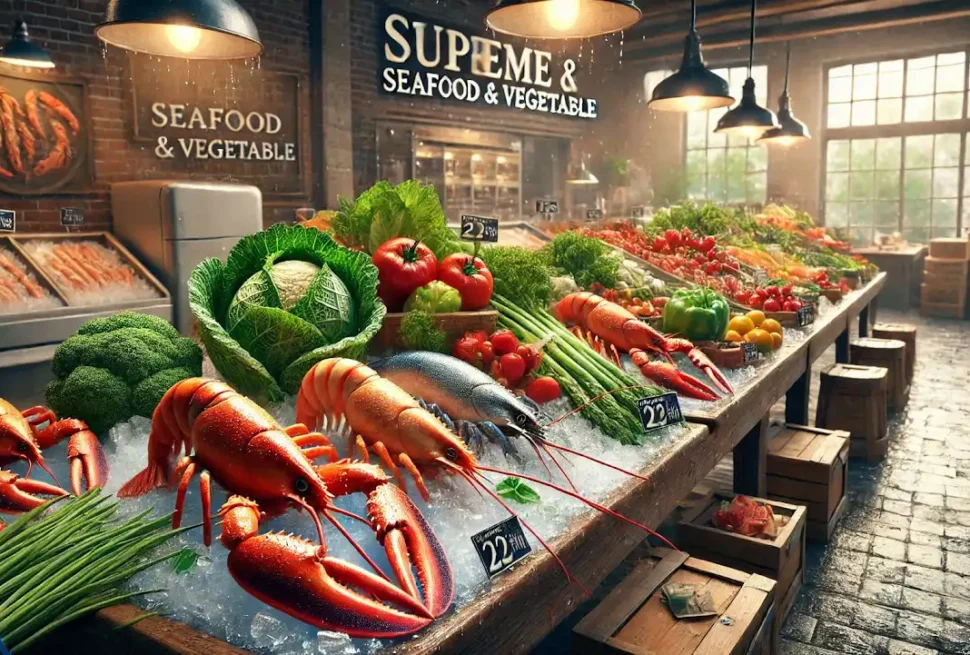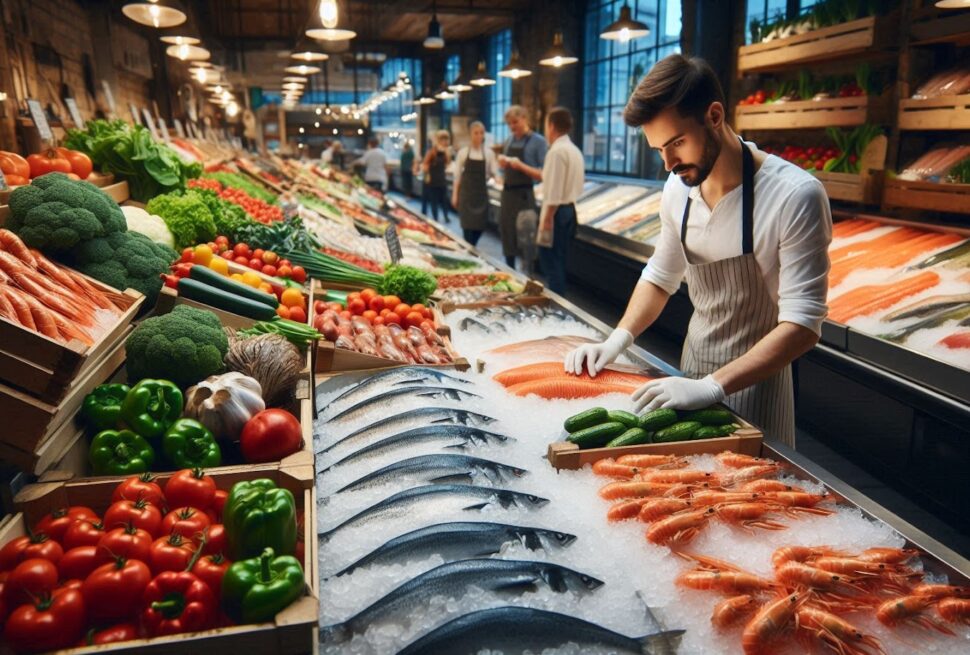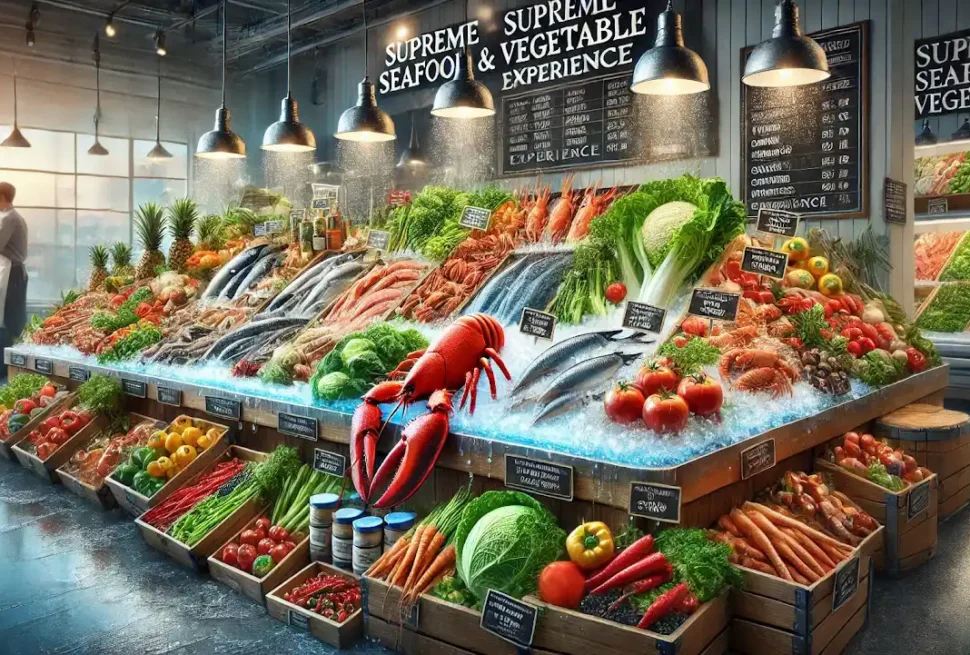Waterfront Heritage Under Pressure: Dubai’s Maritime Legacy
Dubai’s relationship with the sea spans centuries, with traditional fish markets serving as vital economic and cultural hubs since the city’s earliest days as a pearling settlement. The historic Deira Fish Market, established in the 1960s, once represented the heart of Dubai’s maritime commerce, drawing locals and visitors alike to its bustling stalls filled with fresh catches from the Arabian Gulf. In recent years, however, the rapid expansion of luxury waterfront developments has begun reshaping these traditional spaces in unprecedented ways.
The transformation of Dubai’s coastline tells a compelling story of evolution and adaptation. Traditional wooden dhows that once dominated the creek have found themselves sharing waters with luxury yachts and modern fishing vessels. This juxtaposition of old and new reflects broader changes in the emirate’s maritime landscape, where centuries-old trading practices increasingly intersect with contemporary luxury developments.
Local fishermen, many from families who have practiced their trade for generations, have witnessed dramatic changes in their operating environment. The construction of artificial islands, luxury marinas, and waterfront residences has altered traditional fishing routes and anchoring spots. These modifications have forced many to adapt their practices, leading to a gradual transformation of Dubai’s traditional fishing community.
The economic impact of these changes extends beyond the immediate fishing industry. Support businesses, from ice suppliers to traditional boat maintenance workshops, have experienced significant disruption as luxury developments reshape the waterfront landscape. This transformation has created both challenges and opportunities for those involved in the traditional maritime sector.
Modern Market Infrastructure Meets Cultural Preservation
The development of new, modernized fish markets represents Dubai’s attempt to balance tradition with progress. The Waterfront Market in Deira, opened in 2017, exemplifies this approach, featuring state-of-the-art facilities while maintaining elements of traditional market culture. Climate-controlled halls, enhanced hygiene standards, and modern auction systems have revolutionized how seafood trading operates in Dubai.
These modern facilities have introduced significant operational changes for vendors and customers alike. Digital payment systems, automated cleaning processes, and sophisticated cold storage facilities have improved efficiency and product quality. However, these innovations have also altered the traditional bargaining culture and social interactions that characterized the old markets.
The architectural design of new market facilities reflects a conscious effort to incorporate traditional elements while meeting contemporary standards. High ceilings, traditional architectural motifs, and open layouts pay homage to historical market structures while providing improved functionality. This architectural approach aims to preserve cultural identity within a modern context.
Educational initiatives within these new markets have emerged as important tools for cultural preservation. Regular workshops, cultural events, and historical exhibitions help maintain connections to Dubai’s maritime heritage while embracing modern market practices. These programs serve as bridges between generations, ensuring traditional knowledge continues to be valued and transmitted.
Socioeconomic Dynamics of Shifting Market Landscapes
The relocation and modernization of fish markets have significantly impacted local communities and trading patterns. Traditional market neighborhoods have experienced demographic shifts as luxury developments attract new residents and businesses. This transformation has led to changes in customer profiles, pricing structures, and product offerings within the markets.
Real estate development pressure has created complex challenges for market preservation. Rising land values in waterfront areas have made it increasingly difficult to maintain traditional market spaces in their original locations. This economic pressure has contributed to the consolidation and relocation of markets to new purpose-built facilities.
Market vendors have adapted their business models to serve diverse customer segments. Premium sections catering to luxury hotels and high-end restaurants now operate alongside traditional retail spaces. This diversification reflects the evolving nature of Dubai’s consumer market and the need for businesses to remain competitive.
Employment patterns within the fish market ecosystem have undergone substantial changes. New roles focused on digital operations, quality control, and customer service have emerged, while traditional skills like fish cleaning and sorting remain valuable. This evolution has created opportunities for younger generations while challenging older workers to adapt to new systems.
Environmental Considerations and Sustainable Practices
Dubai’s luxury developments have necessitated enhanced environmental management practices within traditional fish markets. Modern facilities incorporate advanced waste management systems, water recycling infrastructure, and energy-efficient technologies. These improvements have reduced the environmental impact of market operations while setting new standards for sustainability.
The following key environmental initiatives have been implemented: – Installation of solar-powered cold storage facilities – Implementation of comprehensive waste sorting and recycling programs – Development of water conservation systems and sustainable cleaning practices – Introduction of biodegradable packaging materials and reduction of single-use plastics
Monitoring and maintaining marine ecosystem health has become increasingly important as development continues along the coastline. Collaboration between market authorities, environmental agencies, and fishing communities has led to improved fishing practices and enhanced conservation efforts. These partnerships help ensure the long-term sustainability of local fish stocks.
Regular environmental impact assessments have become standard practice for both market operations and nearby luxury developments. These assessments help identify potential risks to marine ecosystems and guide the implementation of mitigation measures. This systematic approach to environmental management represents a significant evolution from traditional market practices.
Market Innovation and Digital Integration
Technological advancement has revolutionized traditional fish market operations in Dubai. Mobile applications now allow customers to track daily catches, compare prices, and place orders remotely. This digital transformation has expanded market reach while maintaining connections to traditional trading practices.
Data analytics and inventory management systems have improved market efficiency and reduced waste. Real-time tracking of fish stocks, automated quality control processes, and predictive analytics help vendors optimize their operations. These technological solutions have become essential tools for modern market management.
Integration with e-commerce platforms has opened new distribution channels for market vendors. Online ordering systems, delivery services, and digital payment solutions have expanded market accessibility. This digital evolution has helped traditional markets remain competitive in Dubai’s rapidly changing retail landscape.
Training programs have been established to help market participants adapt to new technologies. These initiatives focus on developing digital literacy skills while maintaining traditional expertise in fish selection and preparation. This balanced approach helps ensure the preservation of valuable traditional knowledge alongside technological advancement.
Cultural Tourism and Market Heritage
Traditional fish markets have emerged as unique cultural tourism destinations within Dubai’s luxury landscape. Guided tours, cooking demonstrations, and cultural experiences attract visitors interested in authentic local traditions. These tourism initiatives help preserve market heritage while generating additional revenue streams.
Documentation and preservation of market traditions have become priority initiatives. Historical photographs, oral histories, and traditional practices are being recorded and archived for future generations. These efforts help maintain cultural continuity amid rapid urban development.
Integration with luxury hotel and restaurant sectors has created new opportunities for market vendors. Custom sourcing programs, specialized preparation services, and educational experiences cater to high-end clientele. These partnerships demonstrate how traditional markets can adapt to serve evolving customer needs.
The markets’ role in cultural education extends beyond tourism. School programs, community events, and heritage festivals regularly feature traditional market activities and knowledge sharing. These initiatives help maintain the markets’ relevance in contemporary Dubai society while preserving their cultural significance.




